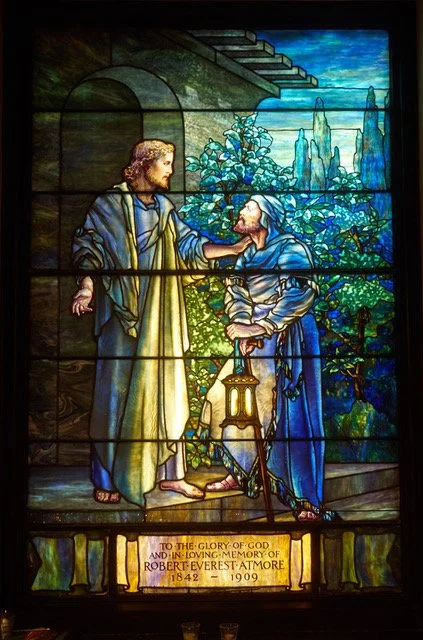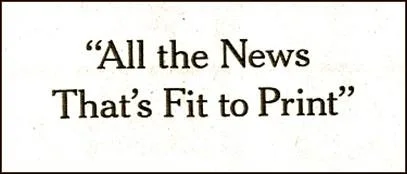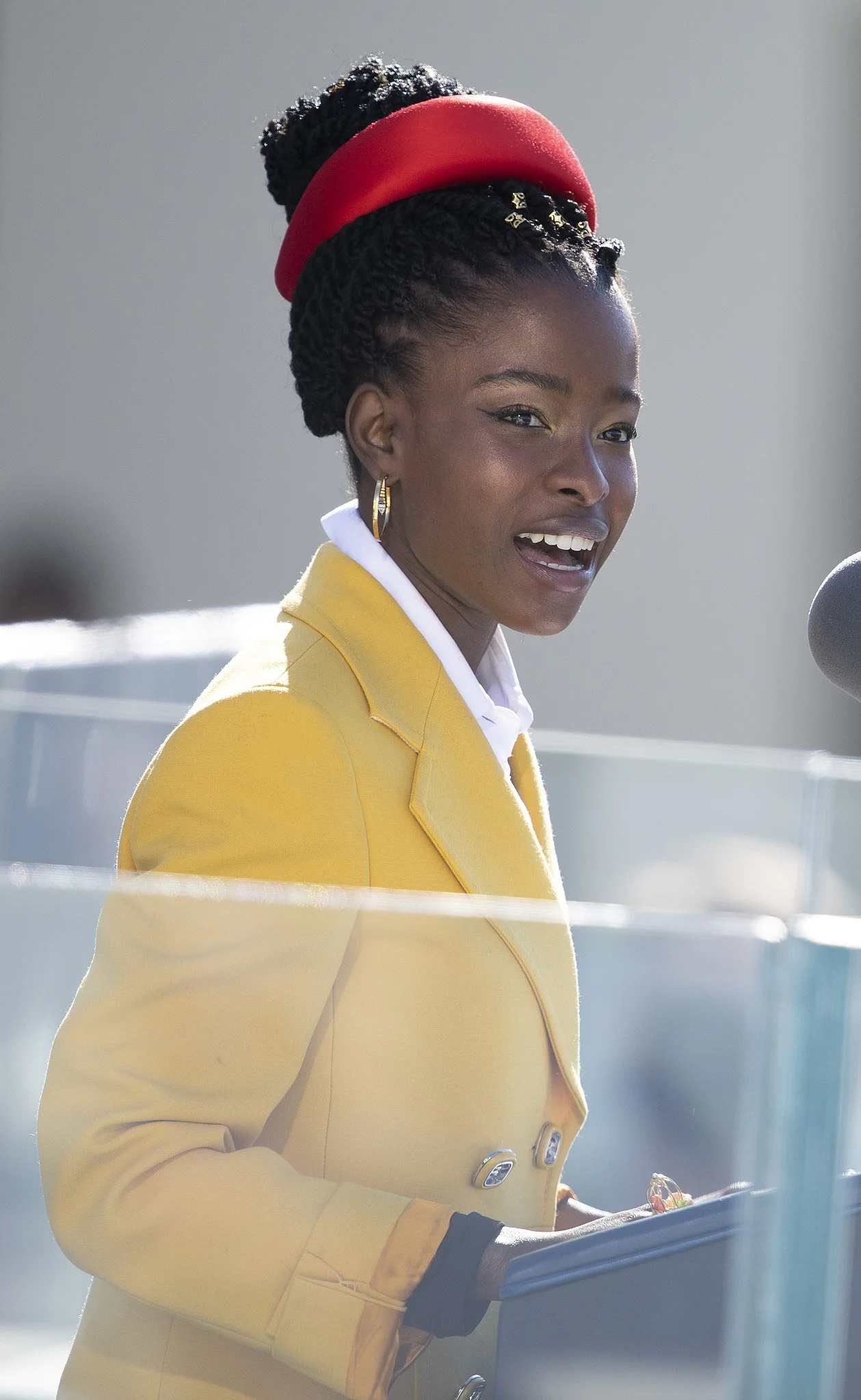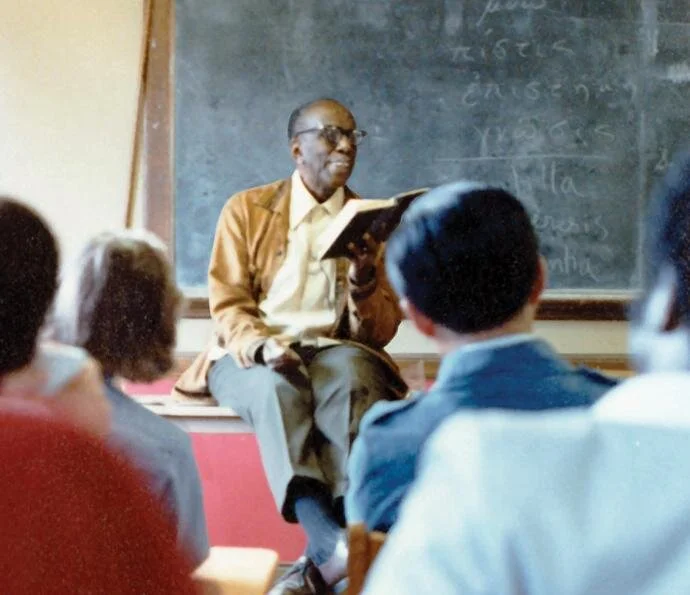Friday Reflection—Back to Dame Julian of Norwich: How to Bring Unity to Our Fractious Now?
Shaken by the upheavals of August, I looked harder at the English medieval mystic Dame Julian of Norwich (1343-after 1416) whom I explored last May 7 : I realized that with August today’s circumstances and mentalities suddenly matched hers uncannily.
Our worlds coincided when we left the early summer’s “recovery” from pandemic for the new Now of living with recurrent pandemics, amidst worsening social, political, and natural global crises.
Julian’s home, the port city of Norwich, suffered successive waves of the global bubonic plague for decades. Europe lost about half its population; cities were paralyzed; scapegoats were persecuted. Frightened citizens turned against one another and outsiders, profoundly shaping the future.
Stephen Reid, Dame Julian of Norwich, 1912
In those appalling conditions, Julian (who miraculously survived to old age!) comforted others as an active contemplative. An anchoress [enclosed devout] in a cell attached to the modest city church of St. Julian, she engaged with the outside world through a window. Her authority: Her perceptions of her beleaguered community, shaped by messages received, while gravely ill (NOT plague), in mystic encounters (showings) with the crucified Christ and his young mother.
For Julian, these visions, affirming the unity of all creation within God’s unconditional love and presence, were teachings to pass to others, guidelines for confronting crisis. Problems, she claimed, were dark times that tested our bond with God. Julian’s reassurance from Christ: “Sin is inevitable, yet all will be well . . . and every kind of thing shall be well” (Mirabai Starr, The Showings of Julian of Norwich [2013], 67). Christ promised Julian repeatedly that he was always with us, within us, loving and forgiving, working with us when we trusted and collaborated with him and each other in vitalizing One-ness.
Such a supportive divine message was stunningly alien in Julian’s time—as for many in ours. According to theologian Sr. Elizabeth A. Johnson (Creation and the Cross: The Mercy of God for a Planet in Peril, 2018), our respective worlds were shaped by the 11th-c. theologian Anselm whose writing inspired later visions of a sadistic authoritarian male God who demanded Christ’s sacrifice and constant amends from a fallen humanity. Such views, argues Sr. Elizabeth, justified violence, injustice, and submissiveness. They also ignored the created world beyond humankind, the Scriptural promise of the resurrection—and Christ’s example and teachings in the Gospels. For theologian Matthew Fox (Julian of Norwich: Wisdom in a Time of Pandemic—and Beyond, 2020), doctrines based on Anselm led to the patriarchal, competitive, selfish, destructive belief systems that prevail today.
Julian’s joyous alternative constituted a resurgence, fortified by her own encounters with Christ, of the optimistic spirituality that Anselm’s model had overcome, drawn from early sources (notably the Bible, Hildegard, and Thomas Aquinas) that, with Julian’s contributions, grew into inclusive and creation theologies.
These latter approaches took fertile root, as I observed in May, with the energetic activism of the late 20th century: feminist, gender/racial/ethnic, environmental, and theological. As interpreted and applied by Sr. Elizabeth, Fox, and Starr, such visions, that resume broadcasting Julian’s striking messages, resonate powerfully today.
The post-August Now especially needs help since it too determines the future. We know more about pandemics than Julian’s generation, but our longstanding social problems drive how we deal with them. Some Blacks, for example, claim white authorities use history to deny ongoing racism when they blame Black reluctance to vaccinate on “Tuskegee” (infamous syphilis study on Blacks in Alabama) (April Dembosky, KQED, 2/25/21). We constantly condemn the culture wars, the politics of conflict that inflame, obstruct, and destroy at every turn. So far, discouraging progress.
So how to stop injury, heal wounds, and achieve unity, for Julian the “foundation [that] will save humanity” (Starr, 23) in a Now suffering from its diametric opposite: DISunity, DIStrust, DISharmony, and DISengagement?
No worldview changes quickly, so we aim for constructive inroads with the values that Julian considered signs of our working with the divine within: the courage to confront and act collaboratively and compassionately.
Can we learn to treat each other and our world as another in whom God/Christ resides? Today’s environmentalists present ever more scientific evidence of life-giving collaboration in nature that challenges the old paradigm of competition (A.E. Johnson and K.K. Wilkinson, All We Can Save: Truth, Courage, and Solutions for the Climate Crisis, 2020).
For Julian, trust is courage that galvanizes hope. How do humans build mutual trust with anger or fear between them? Everyday kindnesses are essential human bridges, argues Julian’s advocate, Veronica Mary Rolf. Together, we’ve mourned 9/11, natural disasters, massacres. For the larger campaigns, the steps are challenging but profoundly significant. As Fox notes (pp. 73-4), civil rights leader Rev. Fred Shuttleworth willingly died, trusting that his mission, in collaboration with others, would prevail.
Tiffany Studios, Baird ornamental rose window, 1914, St. Stephen’s
We can all contribute. For encouragement, I look to St. Stephen’s rose window, a radiant talisman of harmonious diversity.
—Suzanne Glover Lindsay, St. Stephen’s historian and curator









